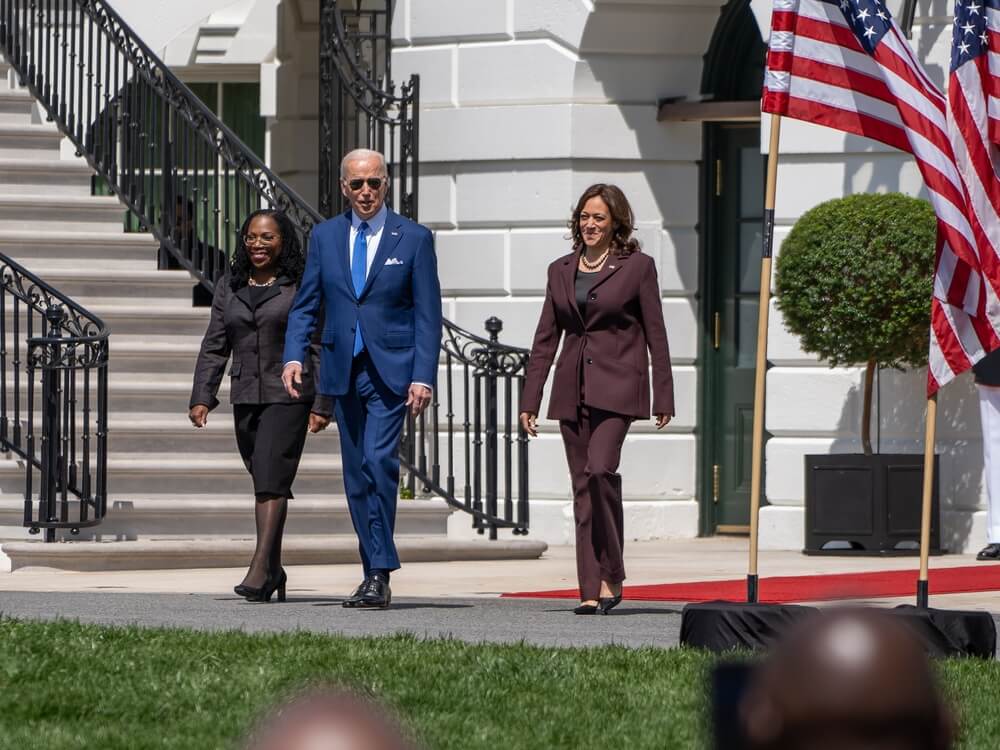China has taken a significant step to tackle fentanyl production and smuggling, one of the US's principal problems.
On September 1, Beijing will introduce strict controls on the production and sale of three substances used to make fentanyl, the drug that is the leading cause of death among users in the US.
The decision announced on Monday is in part a response to the inclusion of the three substances on the 2022 UN Commission on Narcotic Drugs' blacklist, as well as a call for China to take action as the largest producer.
However, China's shift towards suppressing the raw materials for fentanyl production is primarily a response to pressure from the US. The decision also reflects China's expectations of a diplomatic and economic easing of tensions with the US.
The two heads of state, Joe Biden and Xi Jinping, launched a joint task force to combat drugs at a summit in San Francisco in November 2023, but until Monday, there had been few significant joint actions.
State-sponsored business
The epidemic of fentanyl addiction in the US is reaching its peak, with an average of around 200 addicts dying every day from an overdose. Fentanyl is responsible for two-thirds of the 107,000 total overdose deaths in the US.
If the new restrictions really prove effective, a sharp decline in illegal production can be expected. However, there are many reasons to be sceptical about the effectiveness of the measures adopted by Beijing.
First and foremost, the production of fentanyl components in China is largely a state-sponsored industry, whether directly or indirectly.
The authorities have almost no control over the 160,000 small companies active in this field, while no fewer than 1,600 companies produce chemicals that are later used to synthesise drugs.
The measures announced by the Chinese government primarily mean that they are aimed at the government in Beijing itself
A bipartisan panel in the US House of Representatives concluded that the Chinese government "directly subsidises the manufacturing and export of illicit fentanyl materials and other synthetic narcotics through tax rebates."
This panel concluded that providing various types of incentives to companies in this sector reflects the direct involvement of the Chinese authorities in the production of fentanyl.
One of the participants in the hearing, Ray Donovan, former DEA Chief of Operations, said that the Chinese government "directly subsidises the exports of 97% of fentanyl precursors and deadly fentanyl analogues."
In this context, the measures announced by the Chinese government primarily mean that they are aimed at the government in Beijing itself to suspend all forms of stimulating the sector that produces banned substances.
Mexico's reaction
Even if this tightening of control is implemented, it leaves ample room for abuse and ultimately limits the scope of the announced measures. The production and trade of components for the production of fentanyl, in particular, operate in a grey and completely illegal zone, making them capable of evading any decisive government action.
If the Chinese measures significantly disrupt the existing production and trade chains for fentanyl from September 1, the demand for fentanyl will increase, leading to an increase in price and violence associated with this business.
The newly elected President of Mexico, Claudia Sheinbaum, who will take office on October 1, has an important role to play
In this respect, the newly elected President of Mexico, Claudia Sheinbaum, who will take office on October 1, has an important role to play. The Mexican drug cartels are the biggest buyers of Chinese components for fentanyl production, and there is no doubt that the US will demand that the new Mexican president take the fentanyl crisis much more seriously from the first day she takes office.
Although she announced a crackdown against organised crime during the campaign and after her election as president, the new president has not provided many details on how she plans to suppress the strength and influence of numerous domestic drug cartels.
Political profit for Beijing
China hopes that the new decisions to suppress the production and sale of fentanyl will give it a political advantage regarding the US.
The White House welcomed Beijing's decision as "a valuable step forward." Given the epidemic levels of fentanyl-related deaths, particularly among teenagers, both President Joe Biden and US presidential candidate Kamala Harris have prioritised the fight against fentanyl in their policies.
 Given the epidemic levels of fentanyl-related deaths, particularly among teenagers, both President Joe Biden and US presidential candidate Kamala Harris have prioritised the fight against fentanyl in their policies
Given the epidemic levels of fentanyl-related deaths, particularly among teenagers, both President Joe Biden and US presidential candidate Kamala Harris have prioritised the fight against fentanyl in their policies
Therefore, Beijing has timed its decision to incentivise the current administration to stay in the White House. This decision is also China's contribution to the dialogue with the US on other vexing issues, particularly in the areas of trade, investment, and access to technology, in which Beijing has a vital interest.
Beijing's decision is certainly based on the calculation that Donald Trump's return to the White House is possible. It therefore also includes expectations of Trump's concessions to China, considering that he also threatened trade barriers during his last term in office if China did not suppress the production of fentanyl.
Therefore, Beijing might aim to demonstrate the swift impact of its new anti-fentanyl measures starting on September 1 to garner favourable perceptions in Washington prior to the November presidential elections.